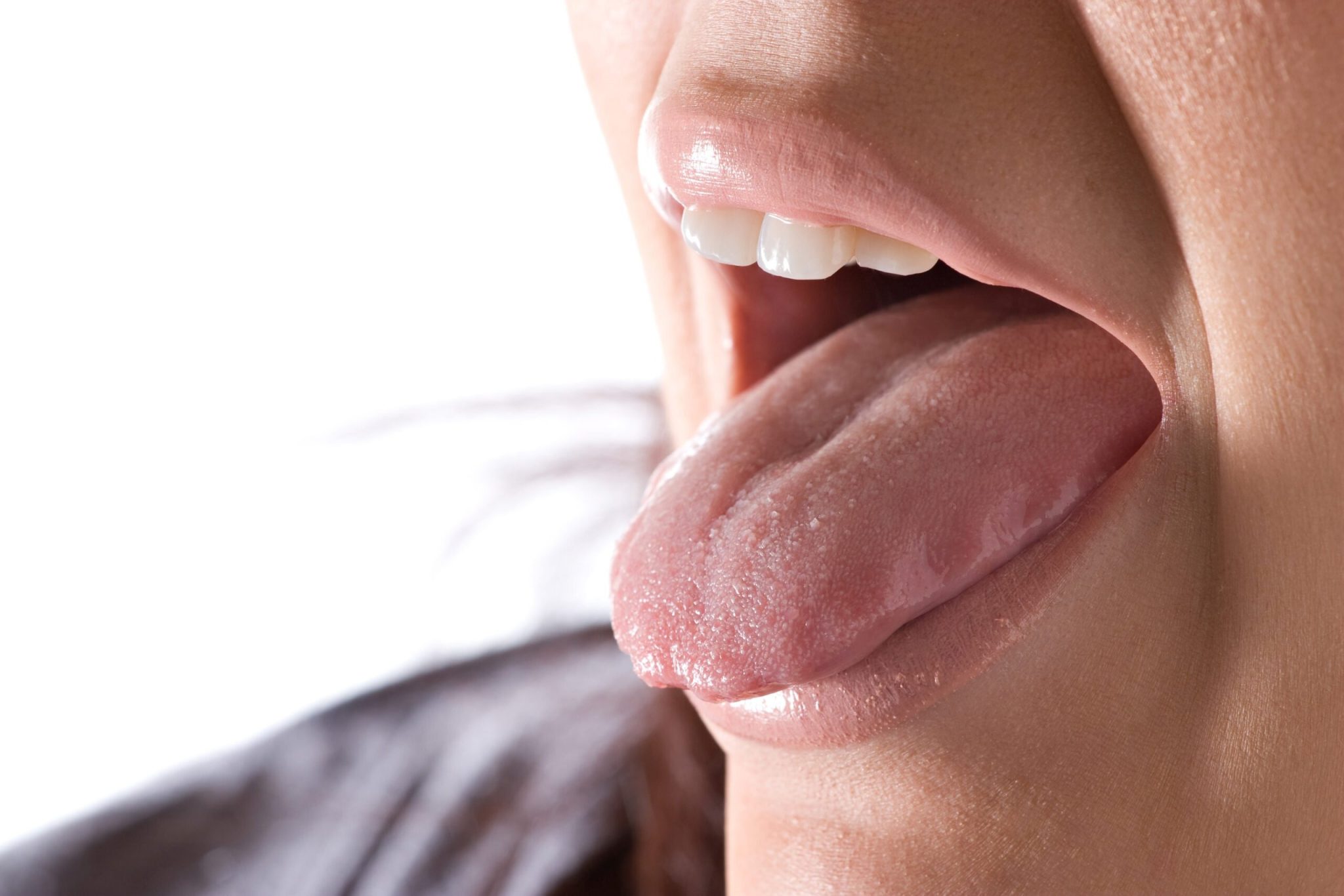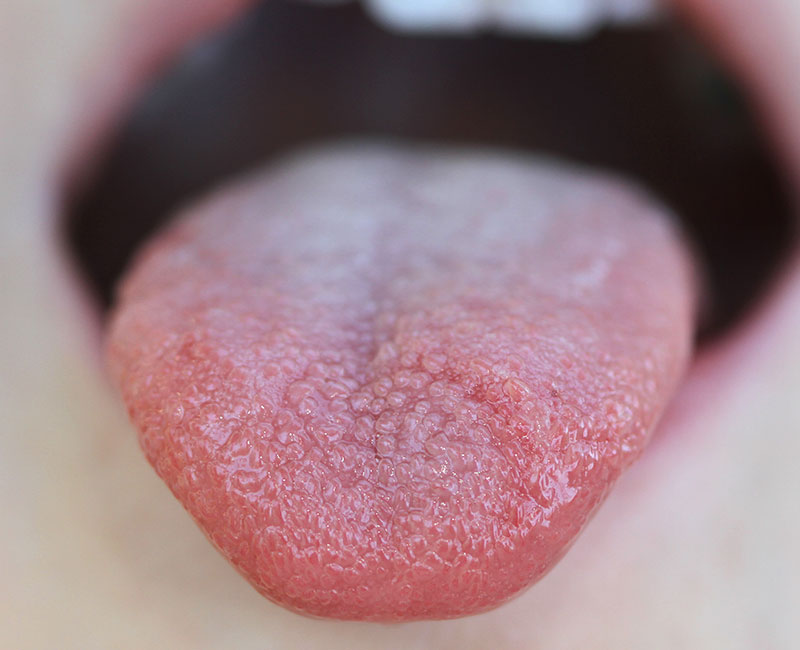If you’ve ever noticed small bumps or pimples on your tongue, you’re not alone. These bumps are fairly common and usually not serious, but they can be uncomfortable and sometimes signal an underlying issue. Understanding the potential causes and how to manage them is essential for maintaining good oral and overall health.
What Are Tongue Bumps?
Tongue bumps, often referred to as transient lingual papillitis or enlarged papillae, are small elevations on the surface or edges of the tongue. They may appear red, white, or the same color as the tongue and can cause sensations such as soreness, irritation, or sensitivity.
Most cases are temporary and resolve on their own. However, persistent or painful bumps should be evaluated by a healthcare provider to rule out more serious conditions.
Common Causes of Bumps on the Tongue
According to the Mayo Clinic and Cleveland Clinic, the following factors are among the most frequent causes of tongue bumps:
1. Minor Injuries
- Accidentally biting the tongue
- Burns from hot foods or beverages
- Irritation from rough or sharp foods (e.g., chips, hard candy)
These minor traumas can cause localized swelling or inflammation of taste buds (papillae).
2. Food Sensitivities or Allergies
Some individuals may experience oral irritation after consuming certain foods, especially those that are:
- Spicy
- Acidic (e.g., citrus fruits)
- Containing preservatives or additives
If bumps regularly occur after specific meals, it may indicate a food sensitivity or mild allergic reaction.
3. Nutritional Deficiencies
Deficiencies in certain vitamins and minerals, especially:
- Vitamin B12
- Iron
- Zinc
can cause tongue inflammation, soreness, and sometimes visible bumps. A balanced diet is crucial to maintaining oral tissue health.
4. Oral Infections
Several infections may lead to bumps on the tongue:
- Oral Candidiasis (Thrush): A yeast infection that appears as white patches or bumps.
- Oral Herpes (HSV-1): Can cause fluid-filled blisters or ulcers on the lips and tongue.
- Viral or bacterial infections: Including the common cold or strep throat, may lead to tongue irritation.
5. Transient Lingual Papillitis
This is a benign condition where taste buds become temporarily inflamed, often referred to as “lie bumps.” It typically resolves within a few days without treatment.
6. Systemic Health Conditions
Certain medical conditions can increase susceptibility to tongue problems:
- Diabetes: Can lead to increased oral infections.
- Autoimmune disorders (e.g., Sjögren’s syndrome): May cause dry mouth and irritation.
- Hormonal changes: May affect oral tissue, particularly in women.
7. Lifestyle Factors
- Smoking and alcohol use can irritate the tongue’s surface and contribute to inflammation or bumps.
- Stress and anxiety may weaken the immune system, increasing vulnerability to minor infections or flare-ups of conditions like herpes simplex virus.

Symptoms Often Associated with Tongue Bumps
Depending on the cause, additional symptoms may include:
- Burning or stinging sensation
- Pain or tenderness
- Changes in tongue color or texture
- Difficulty eating, drinking, or speaking
- Mild swelling or sensitivity
If these symptoms persist longer than 7–10 days or worsen, a medical or dental professional should be consulted.
Evidence-Based Treatments
Treatment depends on the cause. According to the American Dental Association (ADA) and NIH, options include:
Home Care Options
- Saltwater rinses: Rinsing with warm salt water (1/2 tsp of salt in 1 cup of water) can soothe inflammation and reduce bacterial buildup.
- Hydration: Drinking water helps maintain saliva flow and prevent dry mouth.
- Avoiding irritants: Limit spicy, acidic, or abrasive foods during flare-ups.
- Topical honey (unprocessed): Has natural antibacterial properties and may soothe minor inflammation.
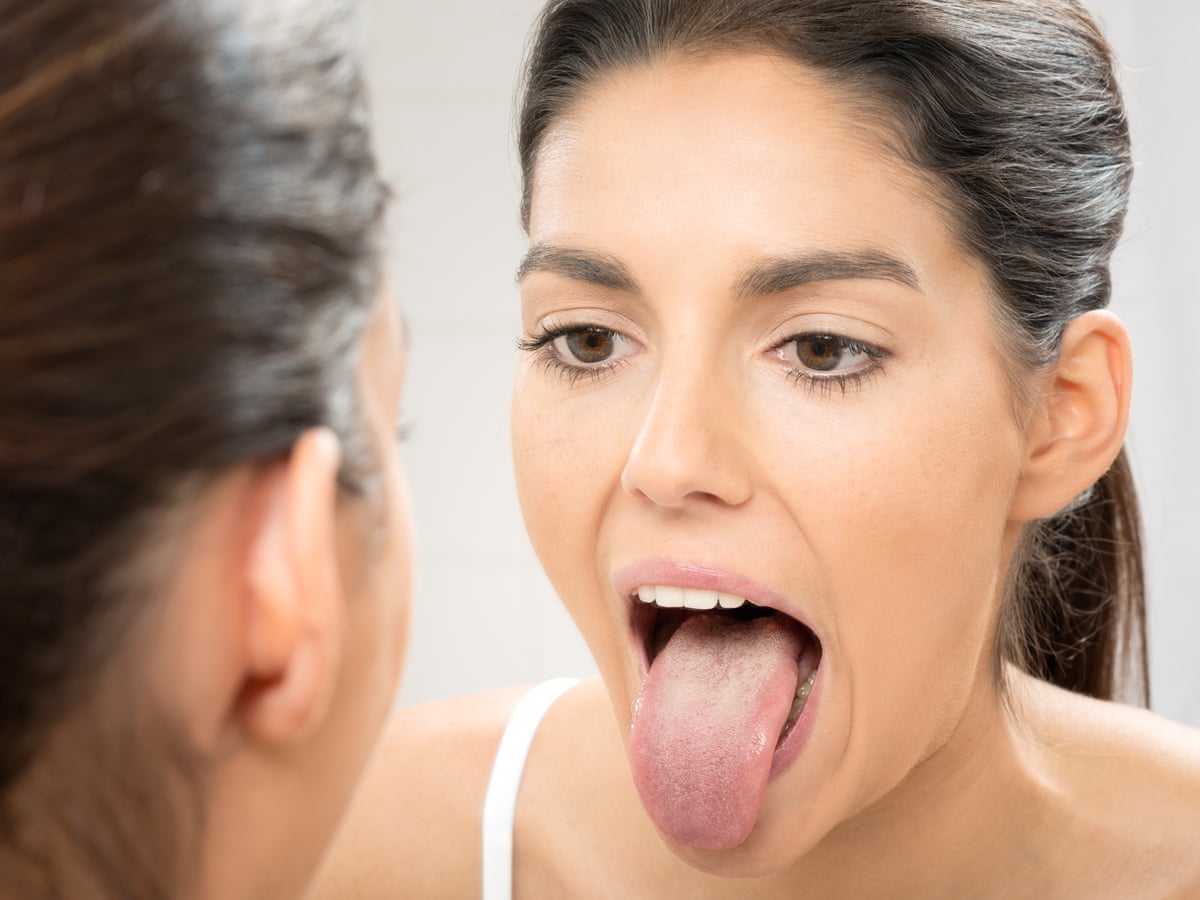
Over-the-Counter (OTC) Remedies
- Antiseptic mouthwashes (e.g., chlorhexidine)
- Topical numbing agents like benzocaine (for pain relief)
- Oral gels for soothing irritation
Always follow label instructions and consult a healthcare provider before use, especially for children or those with underlying conditions.
Medical Treatment
If bumps are caused by an infection or deficiency:
- Antifungal medications for candidiasis (oral thrush)
- Antiviral therapy for herpes-related sores
- Vitamin or mineral supplements for nutritional deficiencies
- Antibiotics if a bacterial infection is diagnosed
Prevention Tips for Maintaining a Healthy Tongue
Keeping your tongue healthy can help prevent bumps and other oral issues. Here are prevention strategies recommended by CDC and oral health experts:
- Brush your tongue gently twice daily as part of your oral hygiene routine.
- Floss daily to remove food particles and reduce bacterial buildup.
- Avoid extremely hot or spicy foods that may irritate the tongue.
- Stay well-hydrated to support natural oral defenses.
- Use lip balm with SPF if sun exposure triggers tongue irritation.
- Practice stress management techniques like yoga or deep breathing.
- Avoid tobacco and excessive alcohol, which can irritate oral tissues.
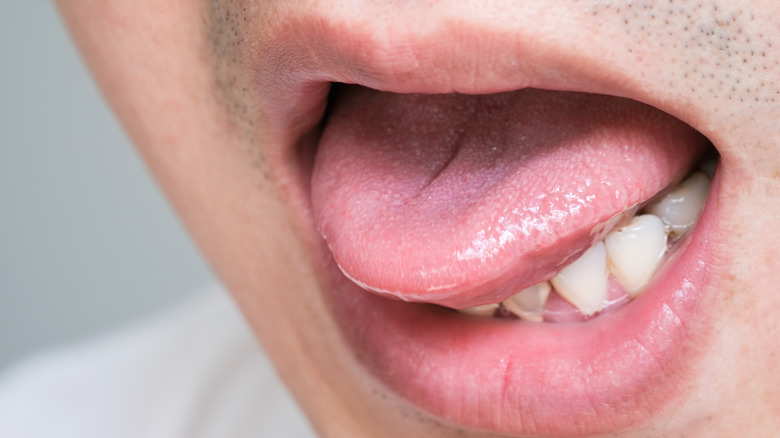
When to See a Healthcare Professional
You should consult a dentist or physician if:
- Bumps persist for more than 10 days
- Pain interferes with eating or speaking
- You develop a fever, fatigue, or other systemic symptoms
- The sores spread or worsen over time
- You have a weakened immune system, diabetes, or an autoimmune condition
Prompt diagnosis can help rule out more serious conditions such as oral lichen planus, leukoplakia, or even early signs of oral cancer, though these are far less common.
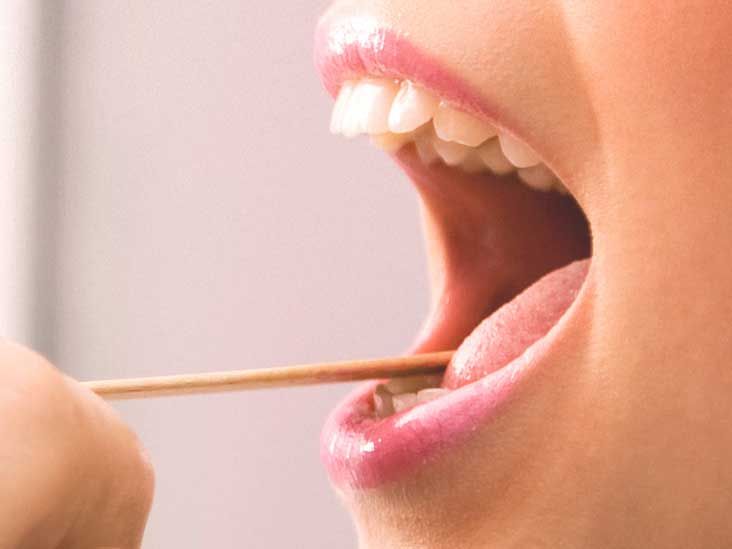
Conclusion
Bumps or pimples on the tongue are usually harmless and short-lived, but they can sometimes indicate nutritional issues, infections, or lifestyle-related irritation. Maintaining good oral hygiene, eating a balanced diet, and staying alert to changes in your mouth are all essential steps in promoting long-term oral health.
If you’re concerned about any persistent or painful oral symptoms, speak with a healthcare provider or dentist. Your tongue is more than just a muscle — it’s often an important indicator of your overall health.
References:
- Mayo Clinic – Sore Tongue Symptoms
- Cleveland Clinic – Tongue Conditions
- American Dental Association – Oral Health Topics
- CDC – Oral Health
- NIH – National Institute of Dental and Craniofacial Research
